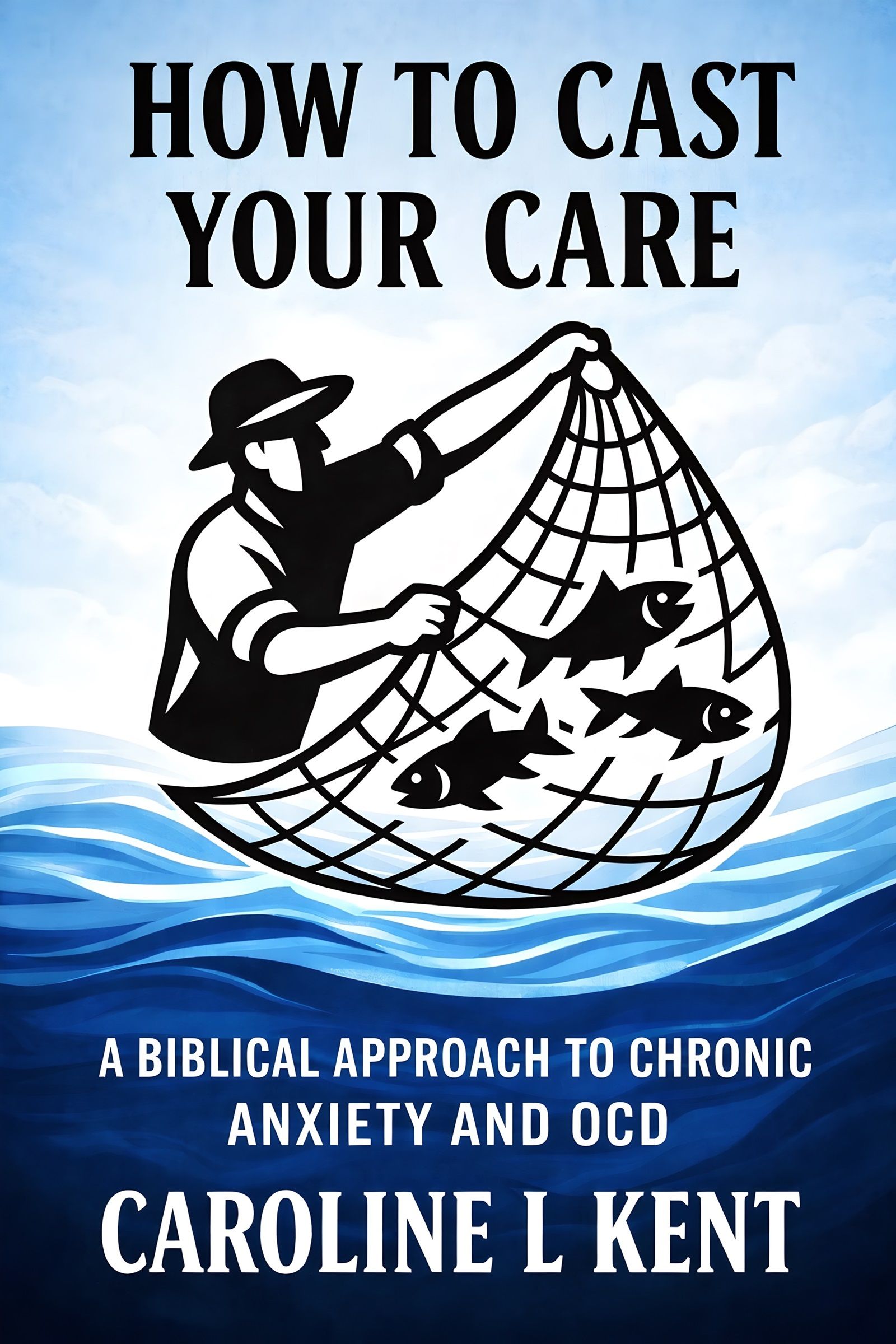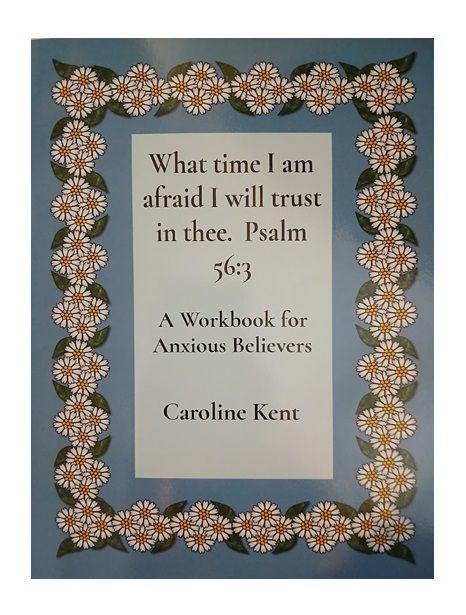OCD & Scrupulosity
Introduction
Obsessive-Compulsive Disorder (OCD) is marked by intrusive thoughts and compulsive behaviours aimed at relieving anxiety. When this disorder takes a religious form, it is called scrupulosity — an exhausting cycle of fears about sin, salvation, and God’s favour. Those who suffer may feel trapped in endless self-examination, repeated confessions, and doubts about their standing before God.
The Bible speaks to the troubled conscience. David cried, “Mine iniquities are gone over mine head: as an heavy burden they are too heavy for me” (Psalm 38:4). Richard Baxter, in his Christian Directory, carefully distinguishes between a tender conscience (which is good) and a scrupulous conscience (which is diseased). He warns that scruples arise from weakness, fear, or melancholy, and counsels believers not to mistake them for true godliness.
Scripture Focus
- “For God is not the author of confusion, but of peace, as in all churches of the saints.” (1 Corinthians 14:33, KJV)
List of Relevant Scriptures
- Psalm 103:10–12 – God removes our sins as far as the east is from the west.
- Isaiah 1:18 – Though your sins be scarlet, they shall be white as snow.
- Isaiah 26:3 – God keeps him in perfect peace whose mind is stayed on Him.
- Matthew 11:28–30 – Christ gives rest to the weary and heavy laden.
- John 10:28–29 – None can pluck Christ’s sheep out of His hand.
- Romans 5:1 – Being justified by faith, we have peace with God.
- Romans 8:1 – There is no condemnation to them in Christ Jesus.
- 2 Corinthians 10:5 – Bring every thought captive to the obedience of Christ.
- Hebrews 9:14 – The blood of Christ purges the conscience.
- 1 John 1:9 – He is faithful and just to forgive when we confess.
Overview of the Biblical Teaching on This Issue
Scrupulosity distorts the gospel. It magnifies sin above grace, and self-examination above Christ. While the Bible calls us to test ourselves (2 Corinthians 13:5), it never calls us to endless cycles of doubt. The Spirit leads to peace and confidence in Christ, not to slavery to fear.
The tender conscience is a gift, warning us against sin. But the scrupulous conscience mistakes temptation for transgression, and weakness for condemnation. Scripture assures believers that Christ’s atonement is sufficient, and that salvation rests not on perfect repentance or feelings, but on His finished work.
Pastoral Guidance
Drawing from Baxter’s counsel:
- Distinguish scruples from sin: “Mistake not every doubting thought for unbelief, nor every weakness of assurance for a state of damnation.”¹
- Avoid feeding scruples: Repeated confessions or compulsions give temporary relief but strengthen the bondage. Baxter urges sufferers not to gratify these fears but to trust God’s promises.
- Live by covenant, not by feelings: “Live upon the covenant of grace and the sufficiency of Christ, more than upon your own apprehensions.”² God’s Word, not our emotions, is the foundation of peace.
- Guard against excessive self-examination: Examine the fruits of faith, but do not turn inward endlessly. Lift your eyes to Christ, who is the author and finisher of faith.
- Seek wise counsel: Scrupulous souls need patient, gentle guidance, not harsh rebuke. Baxter urges pastors to comfort rather than crush them.
- Use lawful helps: Where OCD has bodily or mental roots, Baxter would commend physical remedies, rest, and godly company as part of God’s provision.
- Remember God’s character: He is merciful and delights in pardoning. Fix the mind on His goodness more than on your own weakness.
Further Reading
- Richard Baxter, A Christian Directory, Part I, Ch. XI (“Directions for Troubled Consciences and the Scrupulous”).
- Thomas Brooks, Heaven on Earth (on assurance).
- John Owen, The Forgiveness of Sin.
- William Perkins, A Discourse of Conscience.
- Modern: Ian Osborn, Can Christianity Cure Obsessive-Compulsive Disorder?; Edward Welch, Running Scared.
Footnotes
- Baxter, A Christian Directory, Part I, Ch. XI.
- Ibid.





